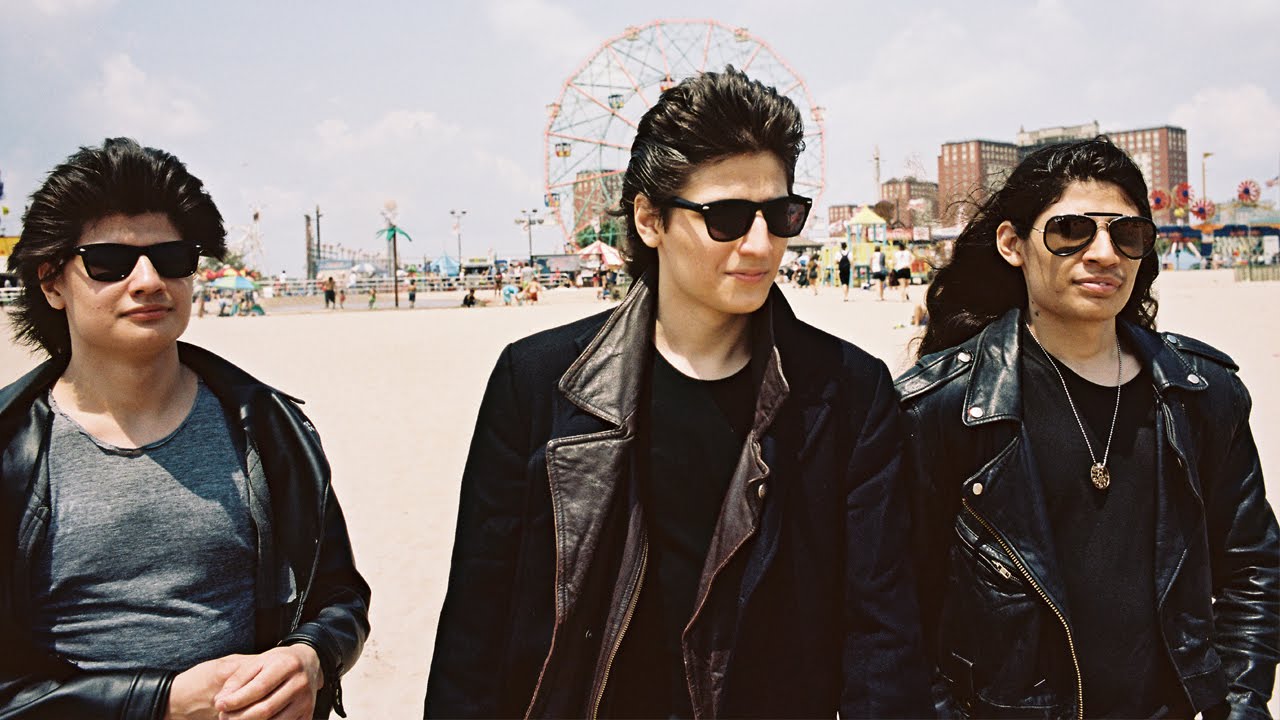Director: Crystal Moselle,
Watched in: Theater
Rating: 2.5/5.
The Wolfpack, a Sundance-award winning documentary, offers viewers the kind of beguiling story usually reserved for novels or memoirs. The six New York brothers featured in the film, who grow into their teen years and beyond during the course of the movie, have hardly ever ventured outside the walls of their cramped Lower East Side apartment. Virtually imprisoned by a domineering father and their beloved but passive mother, they engage with the world by reenacting scenes from their favorite movies. The fact that they’ve matured into relatively likeable, capable, intelligent young men is what keeps this film watchable throughout its 80 minutes.
The director Crystal Moselle encountered the kids when they were finally being allowed out of the house. She convinced them to let her document their lifestyle and they gave her access to their home movies. She followed them on their ever more frequent excursions outside, and she even interviewed their evasive father, who kept the boys (and their developmentally disabled sister) indoors because he did not want them to be “contaminated” by the outside world. He cultivated a sense of tribal loyalty among the family, giving the kids ancient Hindu first names, keeping their hair long, and going out for food runs while his wife home-schooled them. There is lots of fascinating material in the movie, but much of it is dropped on viewers in a misshapen heap.
Moselle leaves many questions unanswered. How did the parents end up in New York? Why didn’t mom leave dad if, according to some of this film’s frustratingly skimpy visuals, he was an abusive drunk? Why did he finally relax his grip on his kids’ virtual imprisonment? How did the boys end up so well-adjusted if Dad was such a tyrant? Why is their relationship to their sister completely ignored? Why did the family even allow Moselle into their home in the first place? Add to this the nagging feeling that this tale, while fascinating at first glance, turns out in the end to be neither that weird nor extraordinary (the boys seemed to have adjusted just fine to ordinary life).
The fault I believe lies not with the family but with Moselle’s ragged lack of narrative structure. There seems to be a lot of grist for a more experienced, incisive exploration, but we are treated to fly-on-the-wall observation and inconsequential snatches of playacting randomly sketched along a confusing timeline. The Wolfpack seems content to delve no deeper than its film festival friendly logline.

